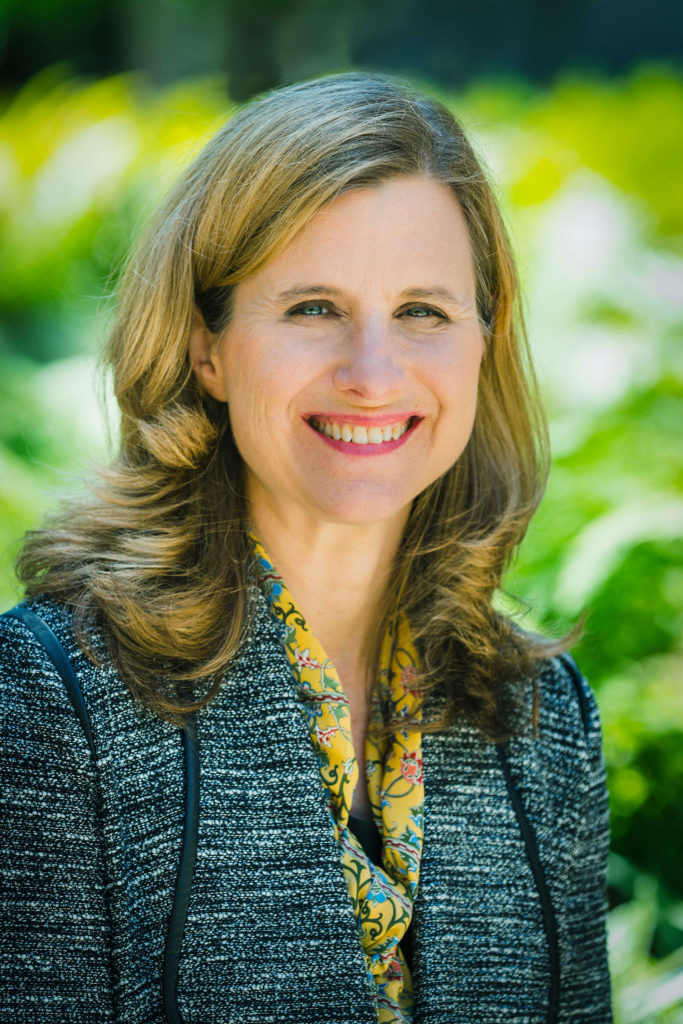From the Dean

THIS ISSUE OF THE MAGAZINE COMES TO YOU AS WE WIND DOWN A YEAR OF CELEBRATING OUR 125TH ANNIVERSARY. THIS ISSUE’S FEATURE STORY IS NOT DIRECTLY ABOUT OUR HISTORY, but it is certainly of a piece with it. In “The Legal History Detectives” we showcase a long-standing area of distinction on our faculty—those who work on law and history. Law and legal systems are inextricably interwoven with history, and our faculty have long been at the leading edge of this field.
Stanford Law School has a deep bench in the field of legal history, and that strength began with Lawrence Friedman, who joined the faculty in 1968. To call Lawrence a prolific and influential scholar, although true, falls short of capturing his remarkable career. Lawrence is the author of hundreds of works, including some of the most important legal history scholarship of the last several decades. His A History of American Law, first published in 1973, to mention just one, was a monumental achievement, one that provided a comprehensive history of American law inspired by an understanding that law and society were intertwined, the former very much a reflection of the latter. Lawrence is joined by Robert Gordon as a statesman of law and history on our faculty. Bob’s work, key components of which are included in the recently published Taming the Past: Essays on Law in History and History in Law (2017), was celebrated here at Stanford Law last year with a gathering of scholars. As noted in the forward to Taming the Past, many of Bob’s essays “established the theoretical foundations for much of the work in the field of legal history.” And Bob has been an especially influential and dedicated teacher, serving as a mentor to a remarkably high percentage of the faculty teaching legal history around the country today.
Lawrence and Bob are giants in the field they have shaped, and they have had a profound Influence on the next generations of scholars, some of whom are now here at Stanford. Bernie Meyler’s, JD ’03, new scholarship on pardons and citizenship, Theaters of Pardoning (2019), informs today’s practices by looking back to the 17th-century relationship to sovereign power. Norm Spaulding’s, JD ’97, research puts legal ethics and professional identity into a historical perspective. Greg Ablavsky, who joined us in 2015, is working on a book that examines the relationship between U.S. citizens, the Native nations, and the federal government in the U.S. territories during the late 18th century, while Rabia Belt, who joined us in 2016, is exploring the deep history of the relationships among disability, citizenship, and suffrage across the 19th and early 20th centuries.
Much of this work is coming together under the guidance of Amalia Kessler (MA ’96, PhD ’01), an award-winning legal historian whose research focuses on the evolution of commercial law and civil procedure. (In fact, as I write this letter, the American Society for Legal History has just recognized Amalia’s new book, Inventing American Exceptionalism: The Origins of American Adversarial Legal Culture, 1800-1877, with the John Phillip Reid Book Award. The award recognizes the year’s best work in Anglo-American legal history, published in English, by a mid-career or senior scholar.) Amalia is the founding director of the Stanford Center for Law and History where she and her colleagues are helping to build an intellectual hub to bring together the many scholars whose work touches on law and history at Stanford and beyond.
MY REVIEW OF THIS ISSUE OF THE MAGAZINE WAS BITTERSWEET. As I announced in August, I will leave my position as dean of the law school next summer to become executive vice president and provost at the University of Virginia. As I read all of the pieces included in this issue—profiles of our accomplished alums and articles about the fascinating and important work of our faculty, staff, and graduates—I could not help but linger on the tremendous privilege and opportunity I have had to be at the helm of Stanford Law School. I am heartened by the fact that, though I will not be here in person after June 2019, like all of you I will continue to read about and admire the individuals associated with this remarkable institution. For now, I hope you will find the current issue as engaging and interesting as I have.
